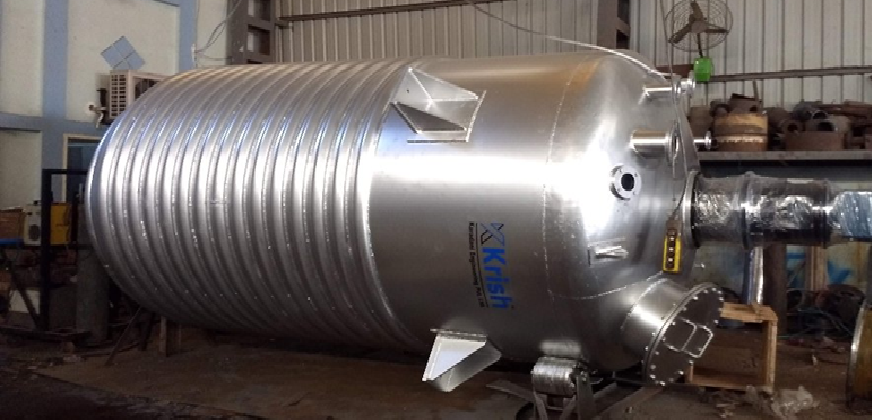“The design of a chemical reactor is the heart of chemical engineering it transforms raw materials into valuable products with precision and innovation.”

A chemical reactor is a vital component in any chemical process plant. It is designed to contain and control chemical reactions, ensuring maximum yield, efficiency, and safety. These reactors come in various types, including batch, continuous stirred-tank (CSTR), plug flow (PFR), and packed bed reactors, each serving a specific purpose based on the nature of the reaction and production scale.
The design and operation of a chemical reactor are influenced by various factors such as temperature, pressure, mixing, reaction kinetics, and heat transfer. Engineers carefully consider these parameters to optimize performance, minimize energy consumption, and ensure product quality. Advanced reactors are also equipped with automation and control systems for real-time monitoring and efficient process management.
“The design of a chemical reactor is the heart of chemical engineering it transforms raw materials into valuable products with precision and innovation.”
From pharmaceuticals to petrochemicals, reactors play a central role in the industrial production of chemicals. With advancements in materials and computational modeling, modern reactor design has become more efficient and environmentally friendly, supporting sustainable and large-scale manufacturing.